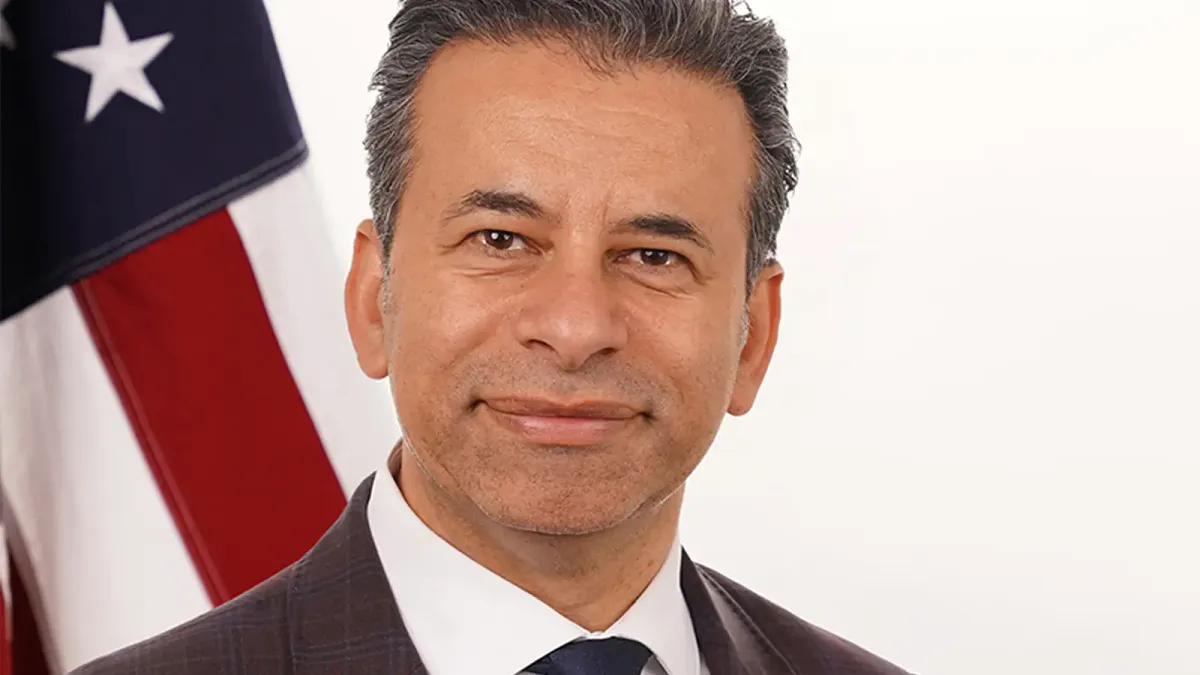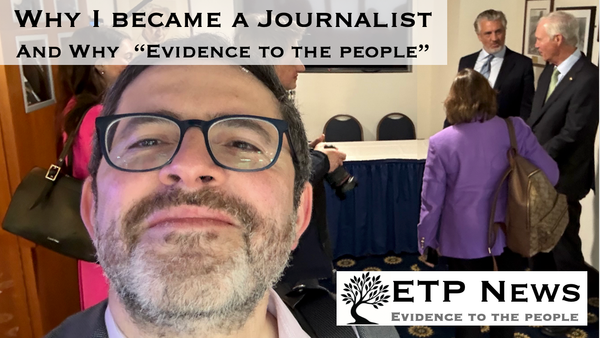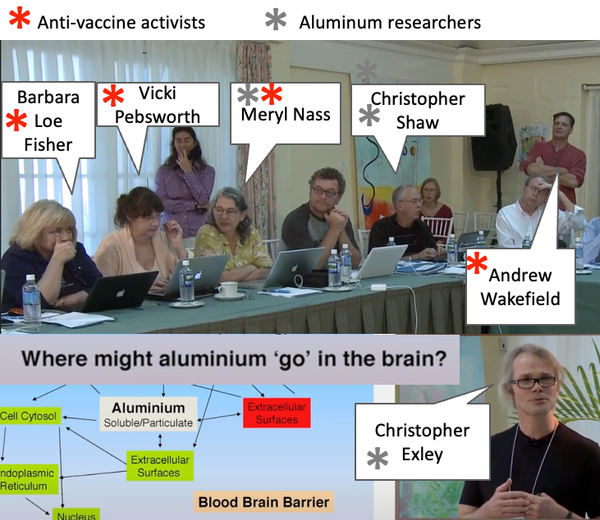No, Dr Makary, FDA Approval Cannot Be Accelerated By Months
In my time as a medical oncologist and pharmaceutical industry executive, overseeing hundreds of clinical trials and supporting over a dozen approvals of new cancer treatments around the world, I often told my teams a Russian joke.

In my time as a medical oncologist and pharmaceutical industry executive, overseeing hundreds of clinical trials and supporting over a dozen approvals of new cancer treatments around the world, I often told my teams a Russian joke. “Can your cows make 10,000 liters of milk a year, the party leader asks the farmers. “Yes Comrade,” they respond. “Can they make 15,000? Yes! How about 20,000? Yes, But it will not be white anymore!”
On June 17, FDA Commissioner Makary announced his plans to cut FDA approval times from the usual 10 months (6 months for “priority review” for most promising treatments) to “1-2 months.” This will be done by issuing “vouchers” to select pharma companies - not based on the merits of the drug, or the severity of the disease, but based on how well the company scratches the administration’s back (such as by moving manufacturing to the US), amounting to a multi-million- (or billion-) dollar quid-pro-quo.
But there is an even bigger problem: the danger to patients from rushed approval of drugs before proper testing is completed.
I’m not surprised that Makary proposed this - he has never done drug development. His publications do not include any clinical trials of drugs, devices or even surgical procedures (same is true for Dr Vinay Prasad, his second-in-command.)
I am surprised, however, that Makary seemingly forgot one area that is squarely in his expertise: quality.
In the complex journey of a drug from the test tube to your local pharmacy, quality is the hardest concept for people new to drug development to grasp - until they experience a quality disaster. And these happen often.
One of the approvals I had the honor to work on was a groundbreaking new treatment for bladder cancer, nivolumab. It was a seemingly simple trial: patients who had their cancer resected, and had no treatment available to stave off its recurrence, were treated with either nivolumab or placebo. It took years for the trial to be completed, enrolling patients around the world. Finally, the data was submitted to the FDA and other regulators around the world for approval.
And then the FDA found a problem. The FDA is one of only two regulators in the world (the other being Japan’s PMDA) that not only reviews the sponsor’s summaries of the data (hundreds of thousands of pages of PDF documents), but also receives the raw data and reruns the numbers itself. In this case, it found a mismatch that we, the sponsor, missed. We immediately alerted other countries to hold, fixed the data and resubmitted. We even had to update the New England Journal of Medicine publication. The FDA saved the day, as it has done many times before. Involving them earlier, “while the study is ongoing,” would not have helped, as the data collection, or “cleaning,” is a massive effort and peaking at it prematurely would be useless (and statistically forbidden). And the mismatch certainly would not have been discovered by a “ hospital rounds-style discussion” Makary proposes - we are talking about not one patient, but hundreds or thousands in clinical trials (sometimes multiple trials are needed for one approval), and millions impacted by the wrong decision.
Don’t take me wrong - the FDA has had many programs to accelerate approvals - including one called exactly this - “accelelerated approval.” But it backfired in 2020, when it turned out that most cancer treatments that were rushed to patients turned out to be ineffective in confirmatory trials. Another FDA program called “real-time review” is already doing what Makary proposed, but in a much more careful way (and with no requirement to demonstrate loyalty to the President).
Lofty slogans, political appointees without proper credentials, quid-pro-quo, impossible goals met by adding water to milk... the parallels are clear. And, as I did in Russia, I am getting a heavy feeling that our government is no longer protecting our health.




